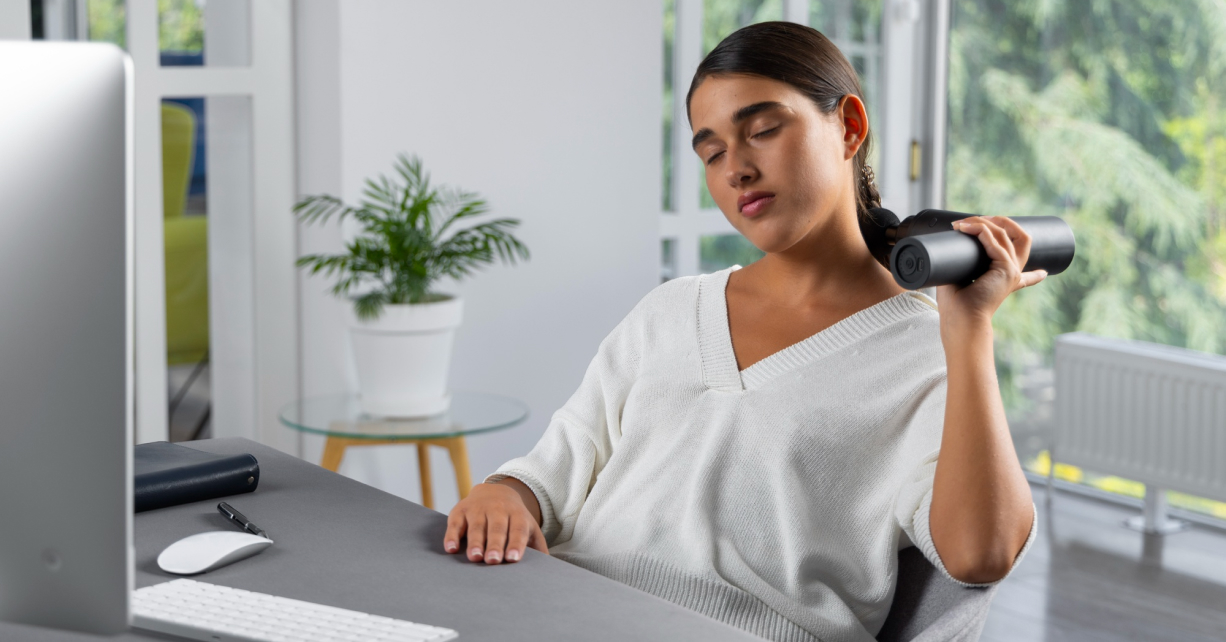

In today’s fast-paced world, finding time for self-care can be a challenge. However, prioritizing self-care is essential for maintaining physical health, mental well-being, and overall happiness. For busy people, incorporating self-care practices into daily routines might seem daunting, but with some practical strategies and a bit of commitment, it is entirely achievable. This article explores effective self-care practices tailored for those with hectic schedules, helping you to nurture your well-being without compromising your responsibilities.
Self-care is the practice of taking action to preserve or improve one’s own health. It involves activities that reduce stress, enhance well-being, and maintain a balance between work and personal life. Effective self-care goes beyond occasional pampering; it’s about making consistent, intentional choices that support your health and happiness.
Adequate sleep is foundational to good health. Aim for 7-9 hours of quality sleep each night. Here are some tips:
Regular physical activity is crucial for maintaining health. For busy individuals, finding time to exercise can be challenging, but it’s possible with these strategies:
Mindfulness practices help reduce stress and improve mental clarity. Busy people can benefit from integrating mindfulness into their routines:
Nutrition plays a critical role in overall well-being. Here’s how to maintain a healthy diet despite a busy schedule:
Working non-stop can lead to burnout. Incorporate regular breaks into your day to recharge:
Setting boundaries is essential to protect your time and energy:
Hobbies provide a creative outlet and a break from daily stressors:
Strong social connections are vital for emotional well-being:
Constant connectivity can be overwhelming. A digital detox can help reduce stress and improve focus:
Gratitude practices can enhance happiness and reduce stress:
Incorporating self-care into a busy lifestyle is not only possible but essential for maintaining overall well-being. By prioritizing sleep, incorporating exercise, practicing mindfulness, eating healthily, taking regular breaks, setting boundaries, engaging in hobbies, connecting with others, unplugging from digital devices, and practicing gratitude, busy individuals can nurture their physical and mental health. Remember, self-care is not a luxury but a necessity. Making small, consistent efforts can lead to significant improvements in your quality of life, helping you to stay balanced, productive, and happy amidst a busy schedule.